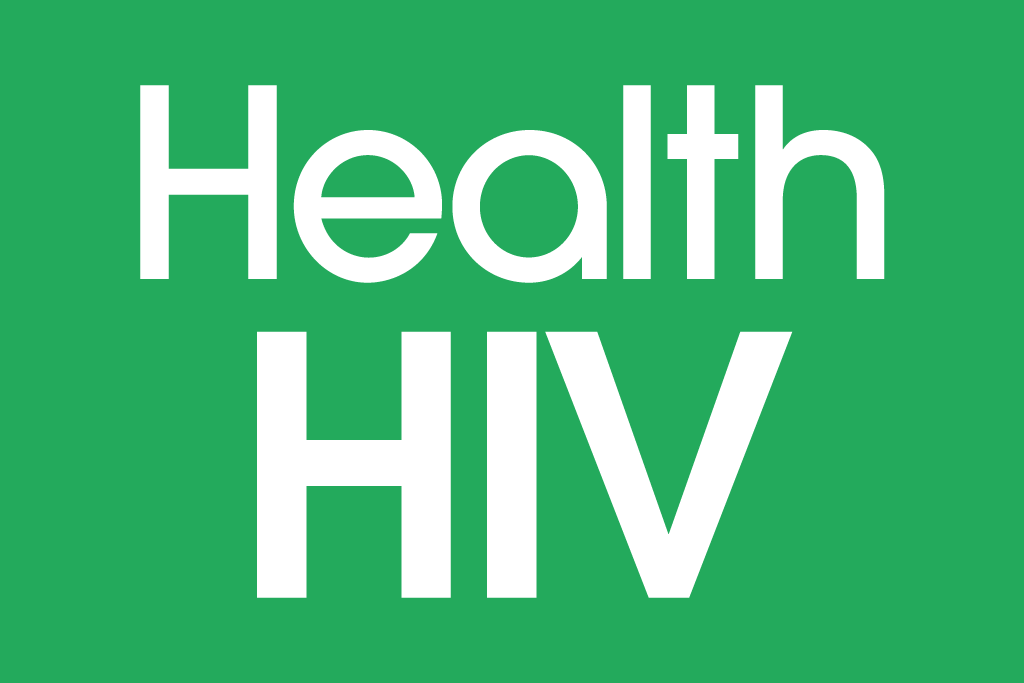Use of Social Media to Improve Engagement, Retention, and Health Outcomes along the HIV Care Continuum
Resources from ten demonstration sites that participated in Use of Social Media to Improve Engagement, Retention, and Health Outcomes along the HIV Care Continuum, a HRSA HIV/AIDS Bureau Special Projects of National Significance (SPNS) Program initiative.
Using Community Health Workers to Improve Linkage and Retention in HIV Care
Resources to help clinics integrate community health workers (CHW) into an HIV multidisciplinary team model. CHWs can strengthen the health care workforce and improve access to health care and health outcomes for racial and ethnic minority people with HIV.
Peer Linkage and Re-engagement of Women of Color with HIV
In the San Francisco Bay Area (SFBA), trans women of color are disproportionately affected by HIV and have poor HIV care outcomes. This analysis was to identify associations between intervention exposure and primary HIV care visits, ART prescription, and retention in HIV care.
Intervention Guide: SPNS Demonstration Model on Women Empowered to Connect and Remain Engaged in Care (WE CARE)
Intervention guide highlighting an evidence-informed innovative model of care, with a focus on the retention in care step in the HIV care continuum. Guide provides information on key components of the intervention and the capacity required by organizations/clinics to conduct this work.
ARTAS – Antiretroviral Treatment Access Study
The Antiretroviral Treatment Access Study (ARTAS) is a strength-based case-management intervention to link recently-diagnosed HIV-positive persons to care and sustain them in care for more than a single visit.
Pocket Guide: Improving Linkage to Care – Ensuring High-Quality Care for PLWH Within and Beyond Corrections
Highlights from linkage to care projects in correctional settings. This guide covers Key Staff and Participants, Objectives for the Interventions, Rationale, Method, and Key items to consider for replication and resources.
Retention in Care and Medication Adherence
Health behaviors, such as retention in HIV medical care and adherence to antiretroviral therapy (ART), pose major challenges to reducing new HIV infections, addressing health disparities, and improving health outcomes. Andersen’s Behavioral Model of Health Service Use provides a conceptual framework for understanding how patient and environmental factors affect health behaviors and outcomes, which can inform the design of intervention strategies.
Three HIV patient stories
These “Voices from the Field” from Doctors Without Borders are first-hand experiences from three patients in the Democratic Republic of Congo.
Retention and Re-Engagement in HIV Care Project
The Minority AIDS Initiative/SPNS Retention and Re-Engagement in HIV Care Project developed innovative and replicable HIV service delivery models. It used HIV+ peers to help patients engage and/or remain in care while providing a range of services.
Making Sure Your HIV Care is the Best It Can Be: A Consumer Quality of Care Training Workshop
Facilitator guide to train consumers to understand performance data and empower them to partner with their health care providers.



